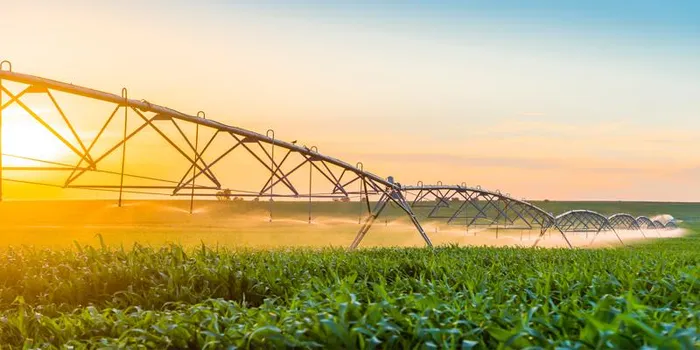New board members appointed to strengthen Land Bank's leadership

This comes after the Land Bank was without a board after the previous board’s term expired in June. The previous board’s term initially ended in December 2024, but was then extended to 7 June 2025.
Image: Supplied
Finance Minister Enoch Godongwana announced the appointment and re-appointment of several directors to the board of the Land and Agricultural Development Bank (Land Bank) on Friday, in a move aimed at reinforcing governance.
This decision, effective from 3 September, follows a Cabinet meeting that endorsed these leadership changes based on the Minister’s recommendations.
This comes after the Land Bank was without a board after the previous board’s term expired in June. The previous board’s term initially ended in December 2024, but was then extended to 7 June 2025.
The appointments include the re-appointment of two seasoned directors as well as the introduction of six new board members.
The new board aims to bolster the bank's strategic leadership and governance, critical components that are expected to equip the institution to respond more effectively to the evolving challenges of the agricultural sector.
The two non-executive directors who have been re-appointed for a two-year term until 2 September 2027 are Prof Johann Frederick Kirsten and Egashnee Pillay.
In a forward-looking move, six new non-executive directors have joined the board for three years with terms set to end on 2 September 2028.
They are Phumzile Hazel Maseko, Simthandile Ford, TF Matlala, Mcebisi Skwatsha, and Xikongomelo Maluleke.
Additionally, Mabotha Arthur Moloto has been appointed for a two-year term ending 2 September 2027.
MV Rantao who has been a director since 01 November 2024, will serve as the deputy chairperson until end of term on 31 October 2027.
All appointments are contingent upon satisfactory security, qualification, and other relevant checks. Some of the skills required to sit on the board include experience and knowledge of finance, agriculture, research, rural development and auditing.
In expressing his gratitude, Godongwana acknowledged the outgoing board’s significant contributions, particularly during a challenging period of financial restructuring.
He commended their efforts in securing a liability solution, which paved the way for the bank’s ongoing financial sustainability.
In 2020, the Land Bank went into default after falling into serious liquidity challenges as it failed to repay about R50 billion maturing loans. Three versions of the liability solution were rejected by the guaranteed lenders of the bank until a debt-restructuring plan was approved in September 2024.
“The Land Bank has done well recently but it must do more and build on what the previous boardhas achieved by dealing with its capacity constraints, addressing its high-cost structure, and diversifying its revenue streams among other things,” Godongwana said.
He also added that the Land and Agricultural Development Bank plays a crucial role in supporting South Africa's agricultural sector and rural development initiatives.
“The role that the Land Bank plays in supporting both commercial and emerging farmers, as well the rural communities that rely on land for their livelihoods, is fundamental to the inclusive andsustainable economic growth at the heart of our national project.”
Meanwhile, the Land Bank warmly welcomed the incoming board and said it was looking forward to their leadership in steering the institution into its next phase.
"The bank also extends its deep appreciation to the outgoing board for their guidance and commitment during a pivotal and challenging period in the bank’s history," it said.
BUSINESS REPORT